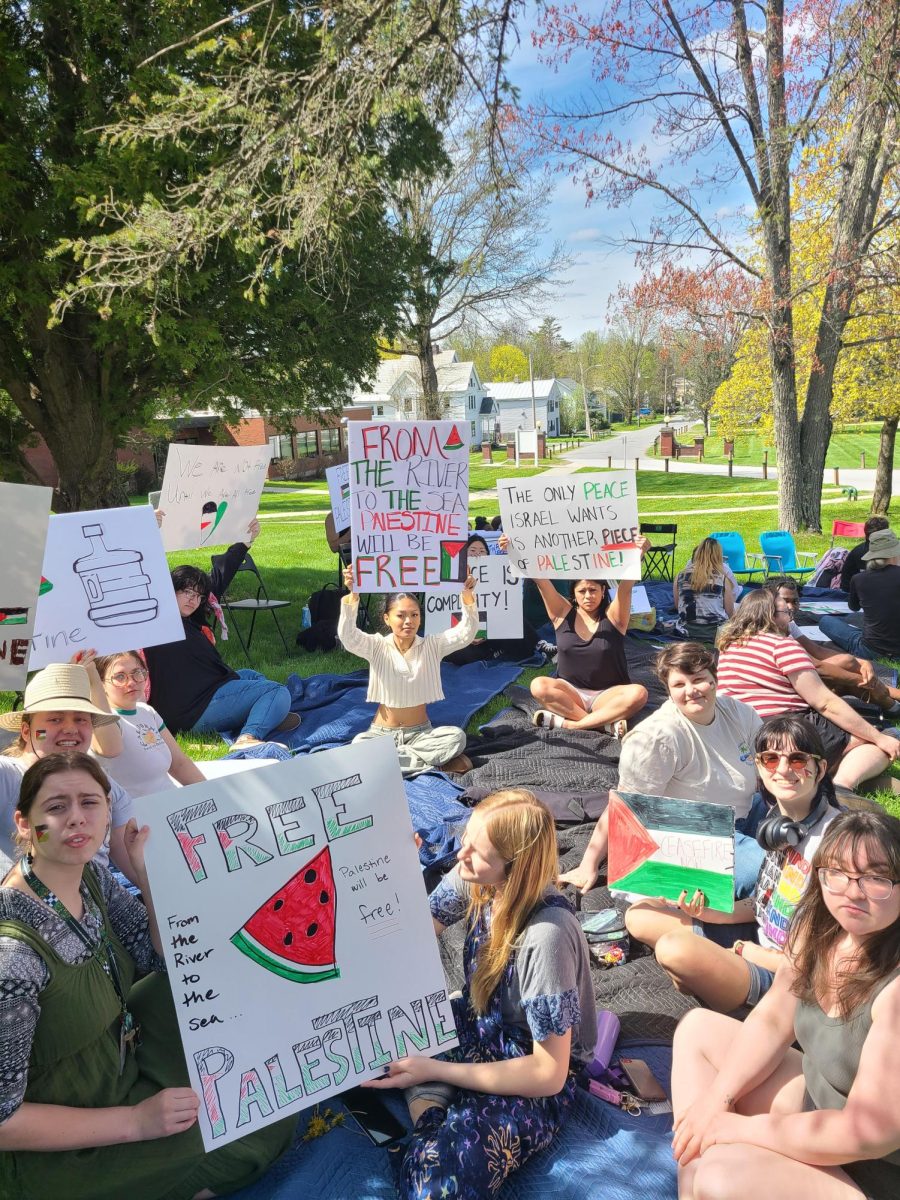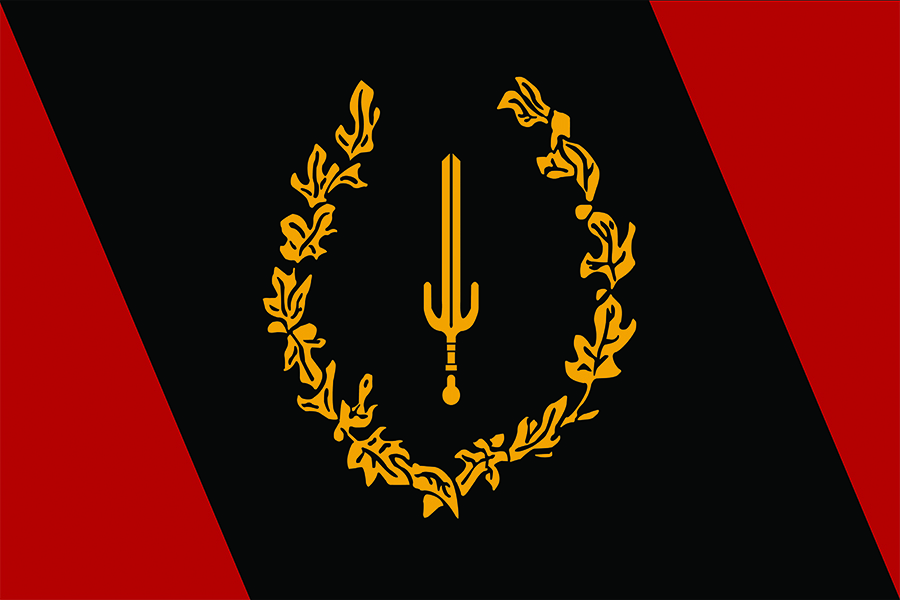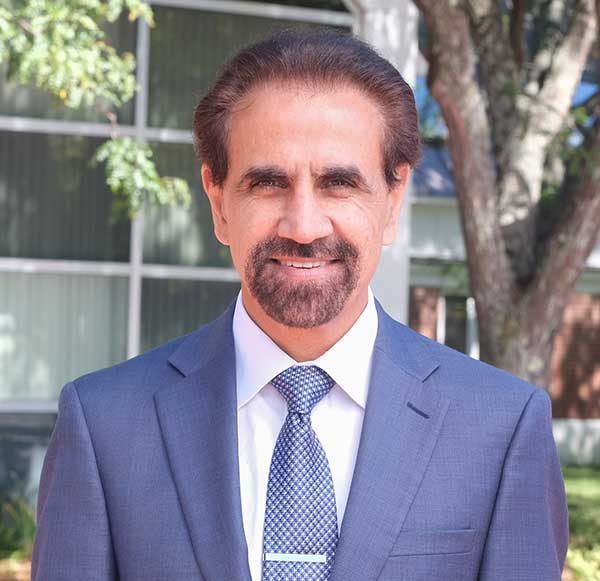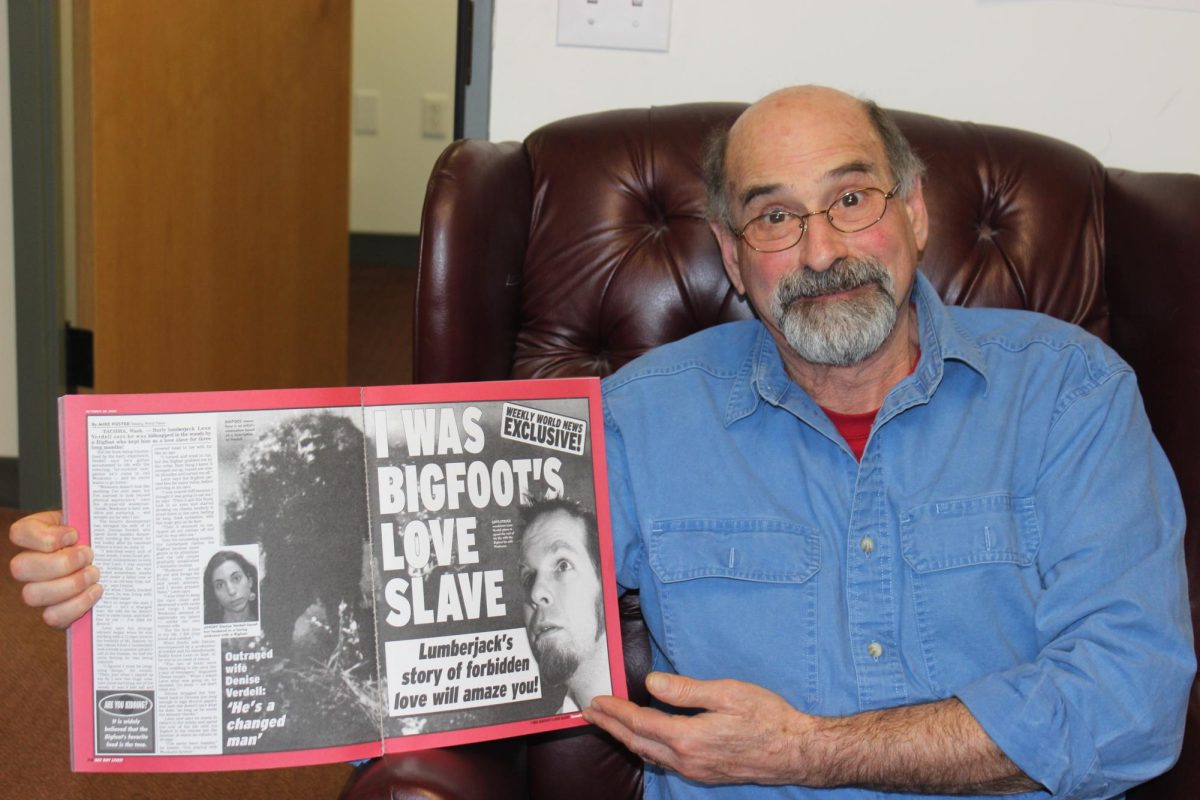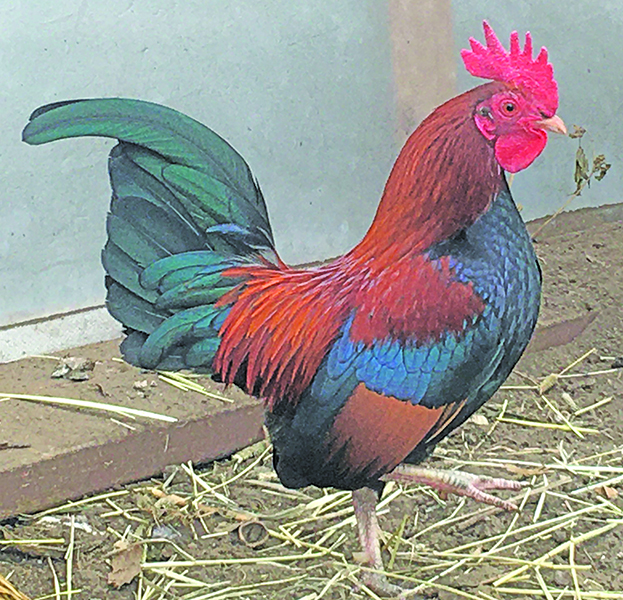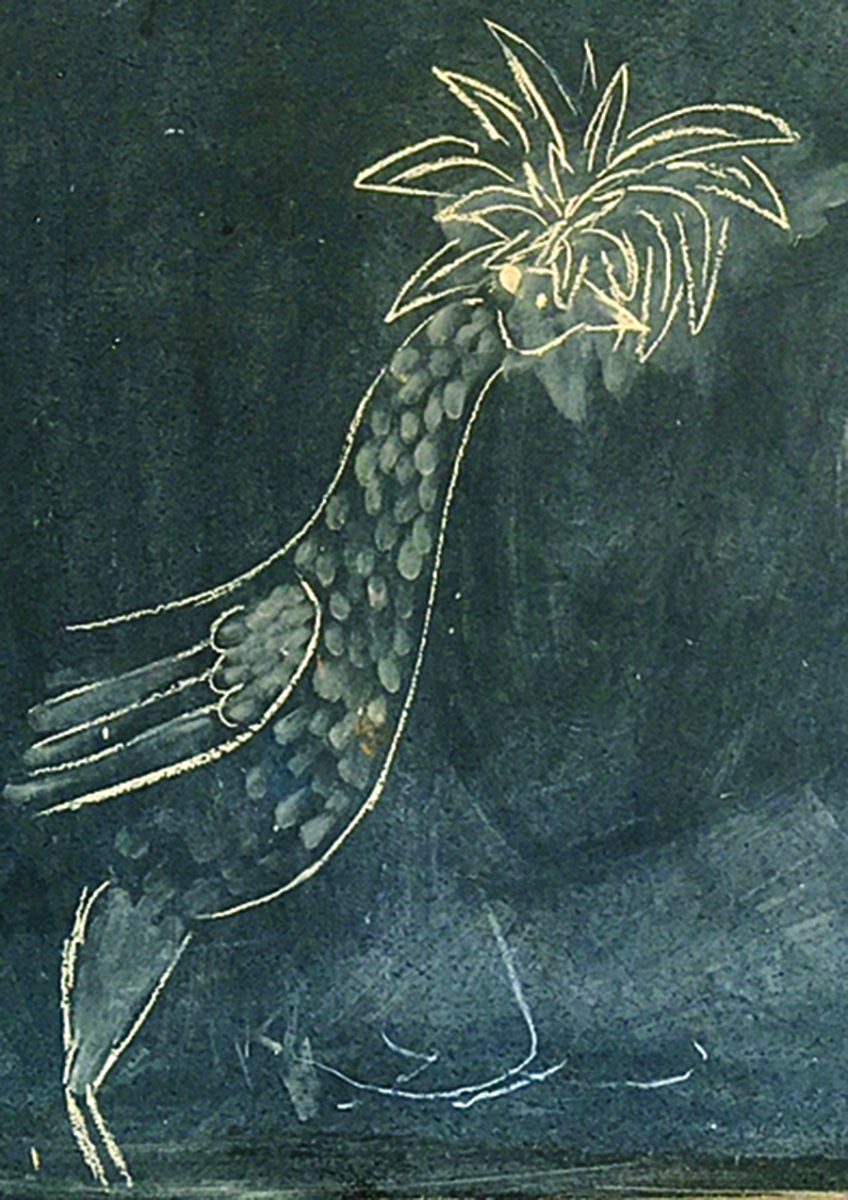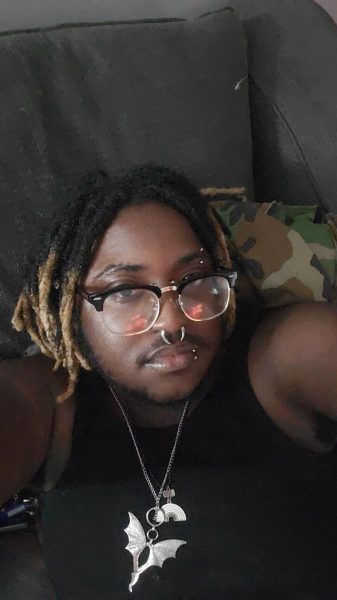To be clear, students and staff knew this optimization report was coming. An email was sent out to the campus community in mid-September, attempting to prepare everyone for the information that would be shared. Degree programs would be cut, moved, or consolidated – the basic information. What wasn’t included, though, was the drastic scale on which such actions will be taken: programs cut completely, full-time faculty lost, entire departments moved. All of this is to be set in motion by the end of this month, when Smith steps down as Interim President. The repercussions will fall onto the shoulders of the next Interim President, David Bergh.
It is in the “key details” section of a letter that accompanies the report where Smith informs faculty, for the first time, that the number of full-time staff will be reduced. He says that, per the institution’s union contract, he must notify those impacted faculty now, and that doing so gives them time to “seek new opportunities.” And, yes, we know that this is still in the draft phase but, especially considering that, a month is not nearly enough time to evaluate the document, suggest changes, and secure a new job just in case you’re unable to keep yours – which you won’t be sure of until the very, very end of them month.
The document states that a part of their evaluation process for degree programs, specifically which to move to other campuses, included “campus distinctions.” As to what these distinctions are, I’m not sure anyone really has a clue. Maybe there was an email buried during the height of the unification, or maybe there was a meeting most of us were unable to attend. Will Johnson no longer be focused on Liberal Arts? What about the social justice aspect of the courses they offer here, is that to change as well?
Those students already being grandfathered through their programs, like the accounting BA, know how difficult (and often impossible) it becomes to find the courses required to satisfy your major, especially when the professors who taught those courses are no longer on your campus. With no new students coming into select courses, the lowering enrollment on the campuses that previously housed those programs will undoubtedly result in the loss of critical classes and resources. Unless they’re offered asynchronously, classes will have lower and lower enrollment until they’re reduced to an independent study or gotten rid of entirely. For the Creative Writing, Journalism, and English students at Johnson, that will likely mean the loss of Pamplemousse, the student-run literary journal (see related article page 6), and Basement Medicine, this very newspaper. That is, unless whoever remains wants to run them as a club, with club-sized funding, and for no progression of your degree at all. If you’re interested in the next few years, reach out to student activities! I’m sure there will be plenty of new wellness and nursing students willing to spend time keeping news alive.
Students will be forced to settle for courses they have no interest in, and take most of their classes online at other campuses anyway. Students in the past have made it clear how much online courses can ruin their college experience. Does Optimization 2.0 consider that?
And what will happen to Dibden Center for the Arts once the program that uses it gets moved to Castleton? The practice rooms, the wood shop? The building, built specifically for its current uses, likely can’t be sold for the same reason as McClelland, because it’s too close to campus life. What about the Julian Scott Gallery? (See related article page 8). What happens to Johnson and the other rural campuses when out-of-state students, where a majority of the students of color come from, are no longer enrolling because their desired program isn’t “a critical occupation” in Vermont, and not offered there, or because their degree program is anchored at one of the larger campuses?
Smith said students wouldn’t have to move campuses to continue their degree, but again, we see where this will inevitably lead. Students will have to move. They will have to go to Castleton or Lyndon, where women and students of color at Johnson have expressed facing harassment and discrimination from other athletic teams, students, and staff alike. Staff and faculty have long expressed their love for, and desire to stay at, their campuses. They too will have to make a decision. They will choose peace, rightfully so, and they will leave. That is a fact. They have done it before, and they will do it again. This is the reality.
Does something need to happen? Yes, we are all aware of and acknowledge that. In a Basement Medicine article written in 2021 (see Basementmedicine.org), the faculty chairs and staff members involved expressed a myriad of emotions towards the optimization process when it began at the start of the unification. Beginning in July of that year, the team of staff and faculty worked together to consolidate the combined 250 majors across the campuses into 101 by the end of September 2021. Staff members like Issac Eddy, the chair of performing arts, expressed the advantages of the performing arts majors being spread at both the Johnson and Castleton campuses, as they both offer opportunities and courses that the other does not have the capabilities to provide. Tyrone Shaw, previously the chair of the literature and writing department, said the new program that had been designed was a success, meant to support a broader range of choices for students in related degree programs across the university. With the stresses of unification, burnout, and keeping both themselves and their students together, staff and faculty were hopeful about the innovative, student-centered changes that they were working towards, especially affordability and accessibility. With the release of Optimization 2.0, I worry that their efforts to preserve their campus identities will have been in vain.
Dayne Bell



